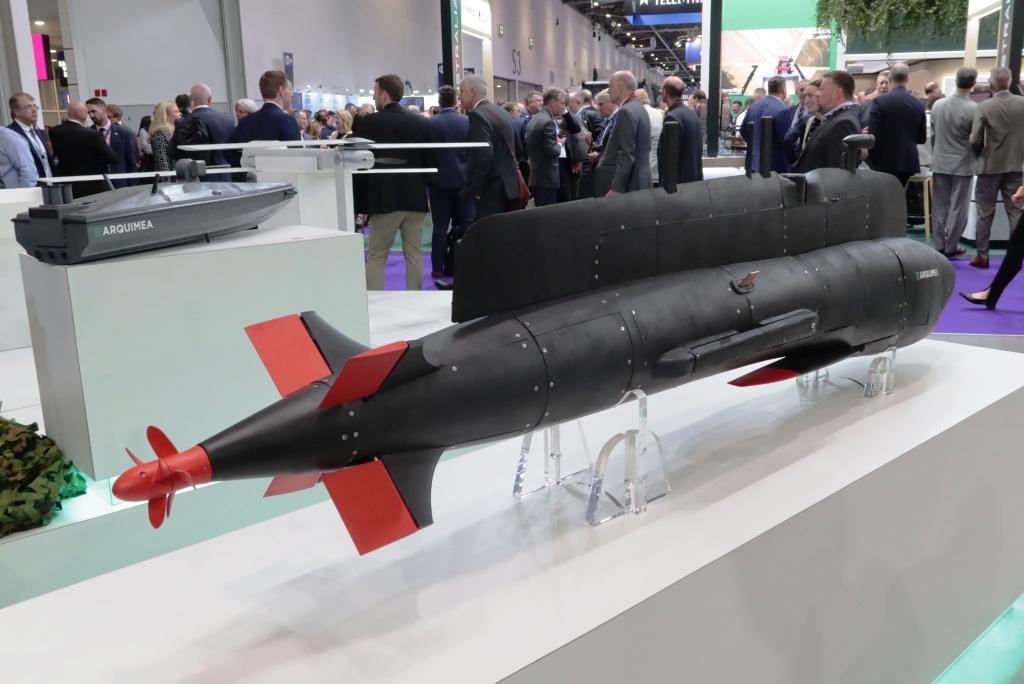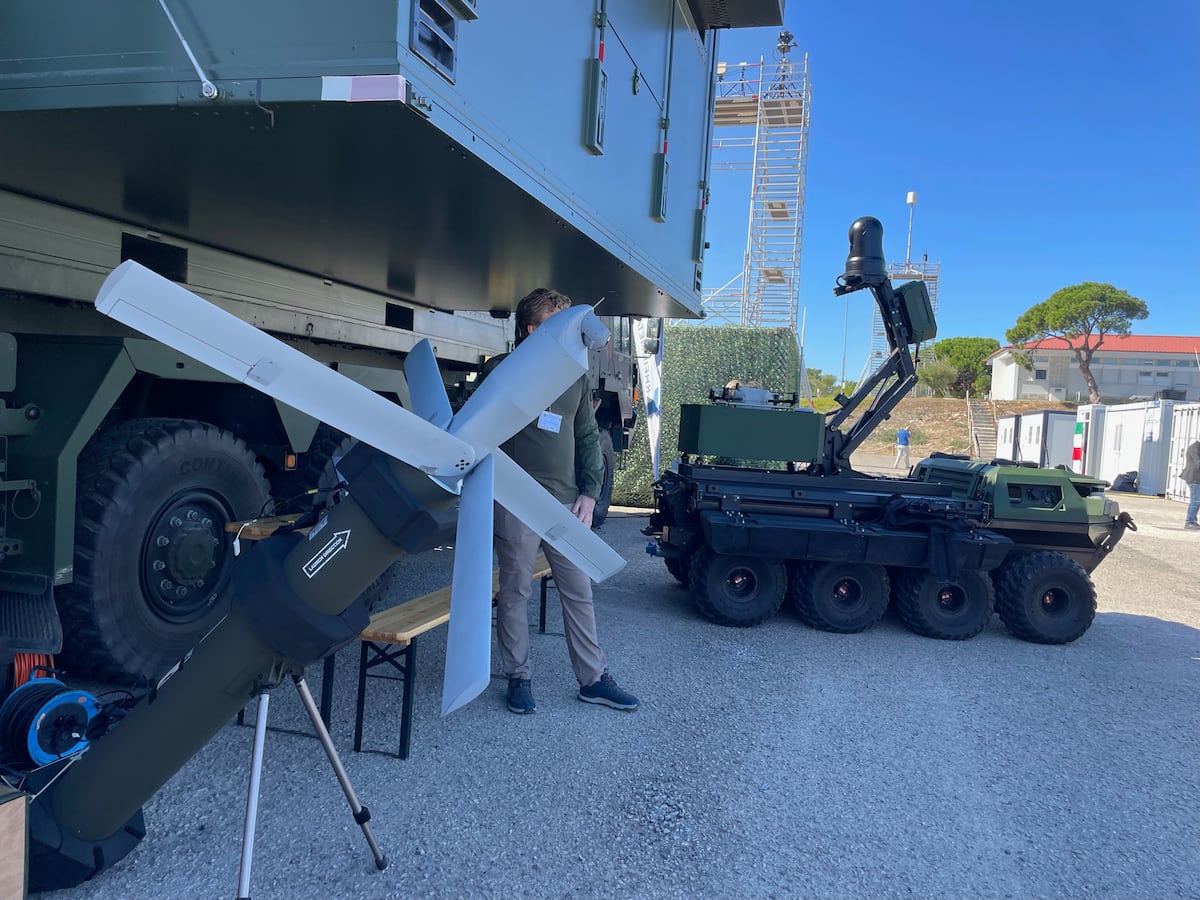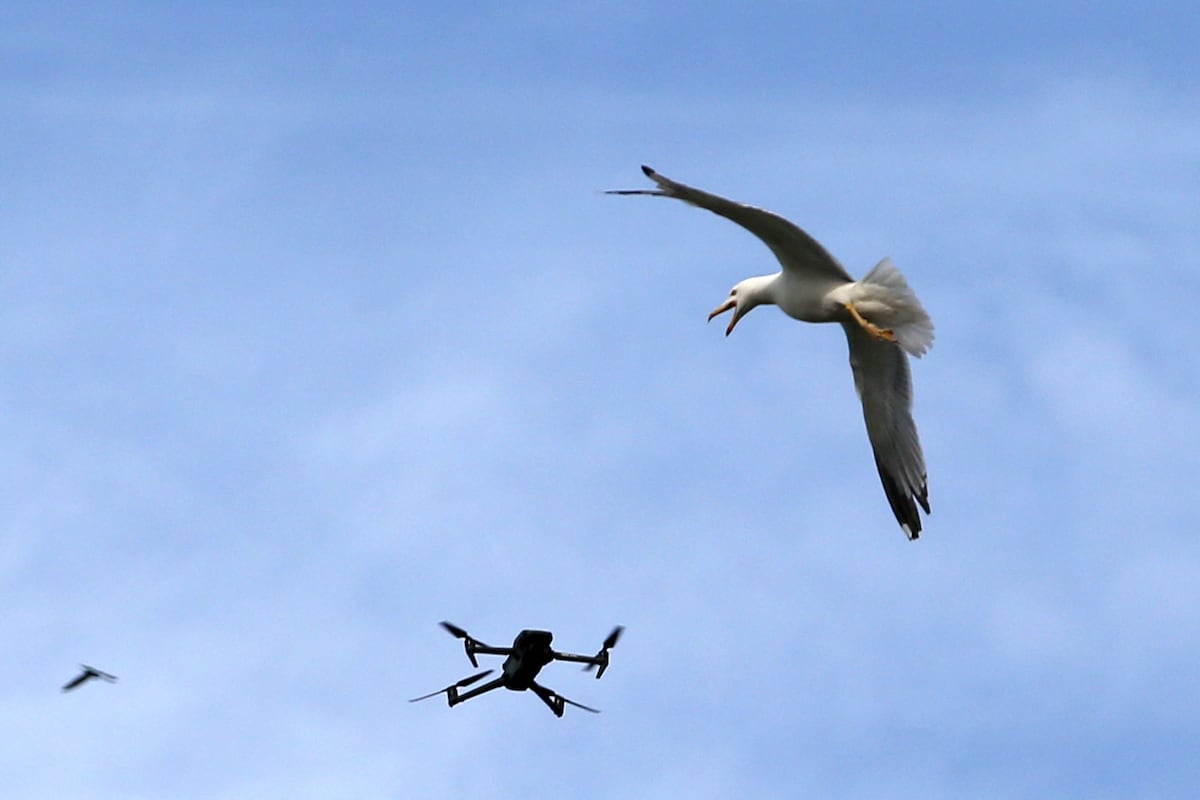The Legacy of Outpost Harry: The Heroism of Private First Class Charles R. Johnson
Background of the Korean Conflict
Following the significant clashes of 1950 and 1951, the Korean War transitioned into a phase dominated by negotiations aimed at establishing an armistice. Concurrently, a series of minor skirmishes erupted over various strategic real estate, particularly in elevated regions, where hostilities continued to inflict heavy casualties.
Key Developments:
- While the United Nations and communist forces engaged in daily discussions at Panmunjom—situated within the Demilitarized Zone between North and South Korea—the toll on soldiers defending contested hilltops escalated dramatically.
- A notable skirmish emerged at Hill 420, designated Outpost Harry by American troops and known as Haros by Greek soldiers, who fought alongside them. Despite its seemingly insignificant stature, this location became the backdrop for extraordinary valor.
Charles R. Johnson: Early Life and Military Service
Born on August 11, 1932, in Millbrook, New York, Charles Robert Johnson—affectionately called “Buddy”—demonstrated early promise across various disciplines. He was an accomplished athlete, musician, and student leader, eventually completing his high school education in LaGrangeville.
In 1951, Johnson enrolled at Howard University to pursue football. However, in 1952, he was drafted into the United States Army, opting for an infantry role despite his mother’s urging for a musician’s specialty. His rationale was simple yet profound: “If other mothers’ sons have to fight, I feel I need to do the same.”
Assignment and Unit Composition
After completing his training, Johnson served as a Browning automatic rifleman with Company B, 15th Regiment, 3rd Infantry Division. During June 1953, his unit formed part of the defenses at Outpost Harry alongside the Greek “Sparta” Battalion, led by Lieutenant Colonel Georgios Koumanakos.
Historical Context:
- The Greek battalion’s lineage traced back to the Battle of Thermopylae, reflecting centuries of martial tradition.
- The 3rd Infantry Division earned recognition for its pivotal actions during World War I and II, contributing notable figures like Audie Murphy. Johnson’s presence within this division signified a significant step toward racial integration in the U.S. Army.
The Battle for Outpost Harry
Strategically located 60 miles northeast of Seoul within the critical “Iron Triangle,” Outpost Harry represented a vital position for both combatants. On June 10, Chinese forces initiated a nighttime offensive, outnumbering the defenders by a staggering thirty to one.
Key Combat Actions
On the night of June 11, Johnson’s squad confronted an overwhelming Chinese force, estimated at 3,000 troops.
- Early in the encounter, Johnson sustained injuries from a direct artillery strike on his bunker. Undeterred, he displayed remarkable fortitude, administering first aid to wounded comrades and evacuating a fellow soldier, Private Donald Dingee.
- During the chaos, he engaged in hand-to-hand combat, successfully neutralizing multiple attackers while continuing to support his team.
- Recognizing the untenable nature of their defensive position, Johnson bravely chose to confront the advancing enemy, vowing to protect his squad.
Johnson’s ultimate sacrifice occurred during the early hours of June 12, when a grenade killed him. His actions are credited with saving the lives of nine to ten soldiers, underscoring his extraordinary bravery.
Casualties and Aftermath
The conflict at Outpost Harry persisted until June 18, culminating in a Chinese withdrawal. Casualties recorded for UN defenders amounted to 102 killed, with 553 wounded. In contrast, Chinese losses were estimated between 1,450 to 3,800, a figure that left their division combat ineffective.
Negotiations resumed, yet the legacy of Johnson’s heroism at Outpost Harry endured beyond the battlefield.
Recognition and Commemoration
Decades later, on September 25, 2010, Johnson was posthumously awarded the Silver Star. This accolade was further upgraded; on January 3, 2025, President Joe Biden presented him with the Medal of Honor, accepted by his sister, Juanita P. Mendez.
Memorials and Honors
- A bronze statue commemorating Johnson’s bravery was unveiled at Arlington High School, capturing the moment he saved Dingee.
- The Johnson Fitness Center at Fort Stewart, Georgia, and the memorial site at Nine Partners Cemetery in Millbrook serve as lasting tributes to his legacy.
The story of Private First Class Charles R. Johnson illustrates not only the individual heroism exhibited during the Korean War but also reflects broader themes of sacrifice, courage, and the ongoing evolution of the U.S. military in an era of social change.





